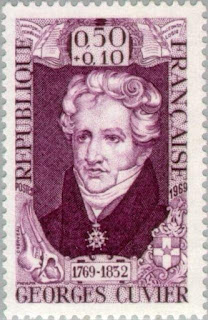Sri Aurobindo Ghose, an Indian philosopher, yogi, and nationalist leader, arrived in Pondicherry on April 4, 1910. He went to Pondicherry to seek spiritual solitude and to continue his spiritual practices. This marked a significant turning point in his life, as he transitioned from his active involvement in India's independence movement to a life dedicated to spiritual pursuits and inner transformation.
During his time in Pondicherry, Sri Aurobindo delved deeply into yoga and meditation, eventually developing his own integral yoga philosophy, which aimed at the spiritual evolution of humanity as a whole. He founded an ashram in Pondicherry, which attracted followers from around the world, and his teachings continue to influence spiritual seekers globally. Sri Aurobindo's writings, particularly his epic poem "Savitri" and his philosophical works, have left a lasting legacy in the realms of spirituality, philosophy, and literature.









